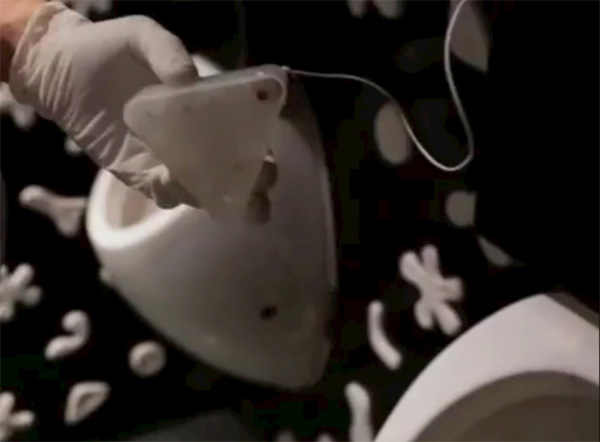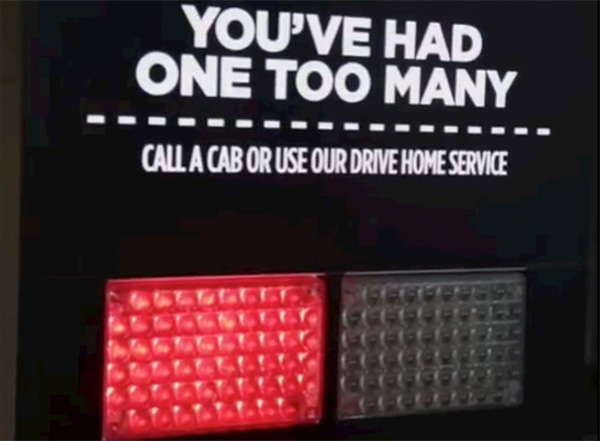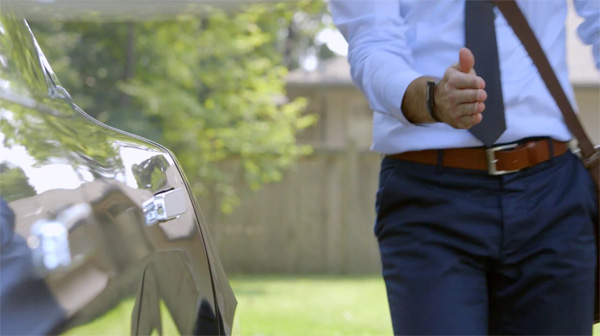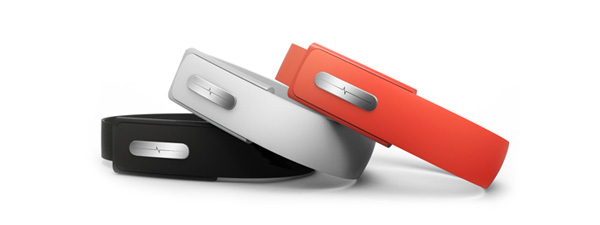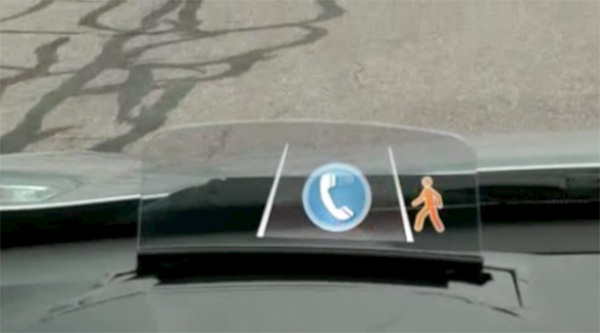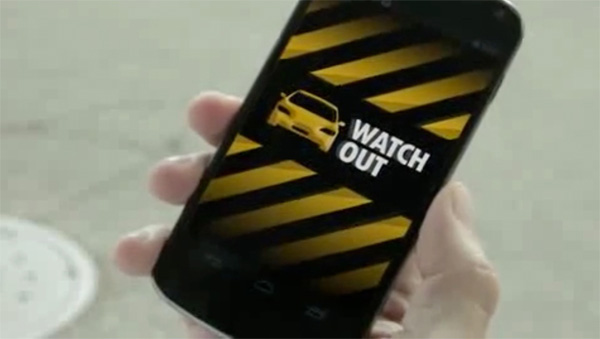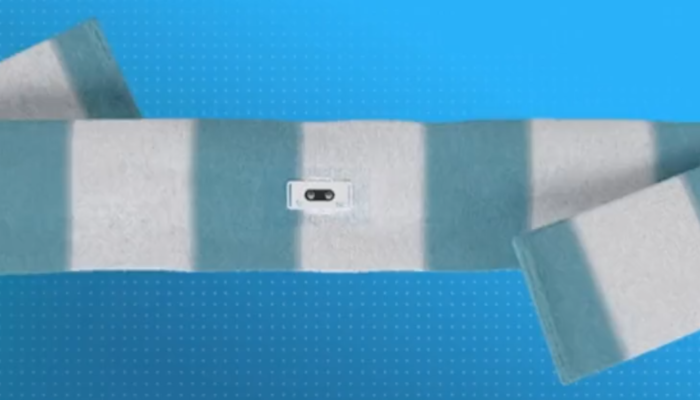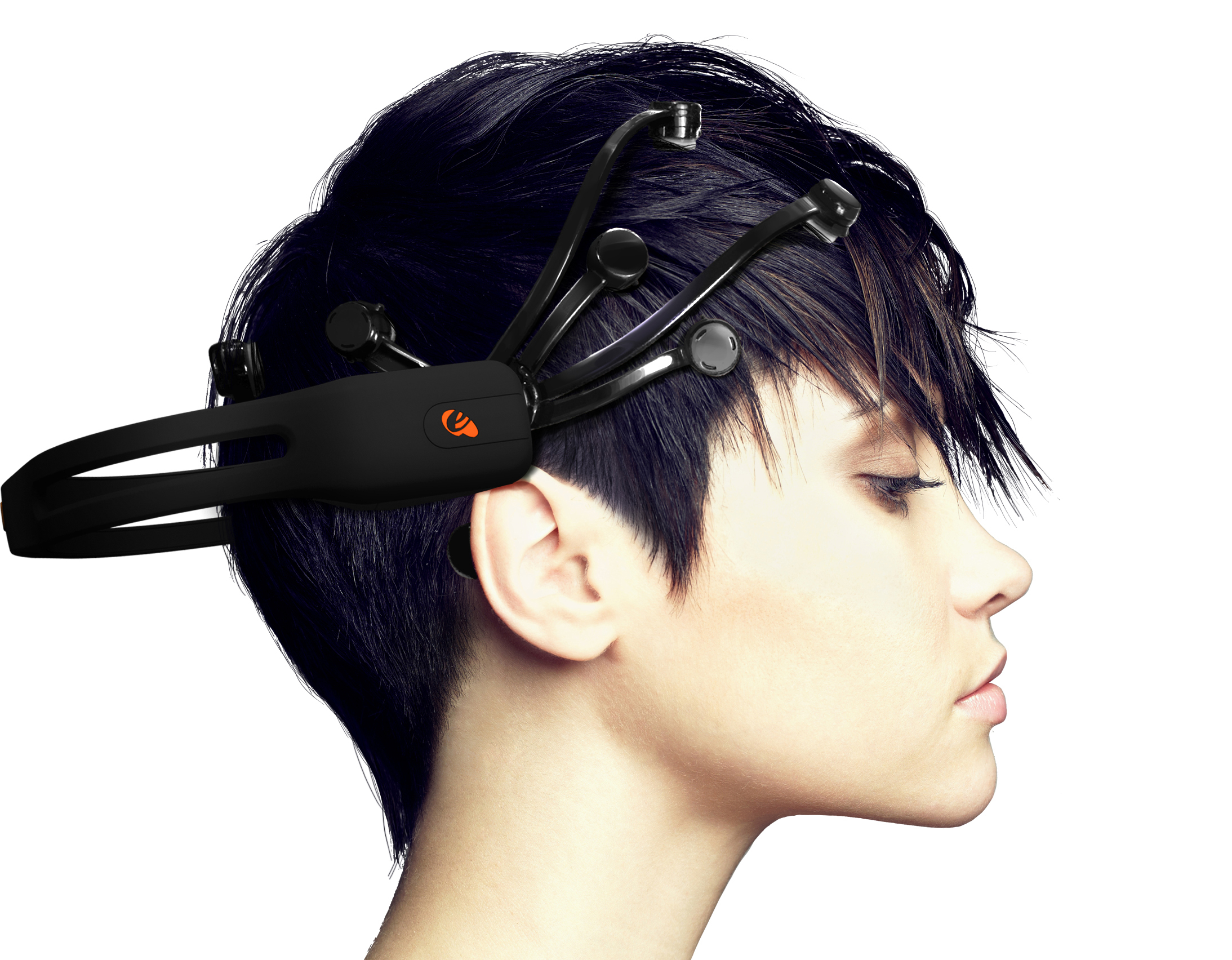It’s the 21st Century and our news reports are still filled with stories about traffic accidents and impaired driving so our theme this week is on safety as we look at three developing technologies that hope to bring about big change.
The Pee Analyzer Drunk Driving Test
Within one year Singapore saw 2, 141 cases of impaired driving on their roads. Shocked by the numbers, a popular nightclub hired a creative agency to find a way to engage their patrons about the problem. Their solution has been to add urine analysis systems to the bathrooms that will inform patrons if they are above the legal limit while making the suggestion to take a cab home.
Here’s how they make it work. When you arrive at the club and hand your keys to the valet they give you a special claim card embedded with a chip. When you visit the men’s room, the urinal recognizes the card in your pocket while sensors in the drain sample and rapidly test your urine for your blood-alcohol level. If you are over the legal limit a screen above the urinal will display a message recommending you to take a cab home while it tags your claim card with your results.
At the end of the night when you visit the valet to pick up your car, you’ll be asked to scan the claim card into the system where, for a second time, the computer will recommend you to take a cab home. After seeing the results the valets will intercept and, for a third time, offer up the option of a cab or make use of Singapore’s “Jockey” drive-home services. At no point does the system have access to your name or address, you are merely a temporary patron under the nightclub’s own privacy policies.
Within the first two weeks of trying it out at Zouk, their biggest club, The Pee Analyzer tested 573 drivers and successfully convinced 342 of them to leave their cars behind. Happy with those results the owners of Zouk are installing The Pee Analyzer into all their clubs across the country.
Last year Canada had 84,483 cases of impaired driving. British Columbia, which has about the same population as Singapore, had 14, 395 cases which makes their “shocking” number of 2, 141 seem marginal by comparison. If the tiny country of Singapore can be motivated to find the resources and creativity to take this issue seriously, so should we.
Unlock Your Car With Your Heartbeat
Do you love your car? How would you like to unlock it with your heartbeat? A company here in Toronto called Bionym wants to use your heartbeat as a replacement for computer passwords and car keys. They are marketing a bracelet that when worn can monitor your heartbeat using electrocardiogram sensors. All hearts may produce the same “lub-dub” sound, but the difference in size, shape, and condition of your heart means that sensors can produce a profile that is unique to yours.
With a Bluetooth connection the Nymi bracelet can connect to a wide variety of devices including smartphones, tablets, laptops, and cars, unlocking them as if you’d typed in a password or used a remote lock key fob. The bracelet can even detect your hand movements, allowing you to unlock a passenger door with a dismissive wave or open the trunk with an exaggerated lift.
Even as they begin to take pre-orders for the Nymi, its creators admit that there are still issues to sort out. What happens if sickness changes your heartbeat? How will anyone access your accounts after you die? Is it really convenient to be the only one who can access your accounts in an emergency? You can change a password when it’s compromised, but not your heartbeat.
Bionym points out that we leave our fingerprints behind everywhere we go, but our heartbeat always stays with us and is very difficult for others to get to. That’s enough of a promise for them to release the product, to allow gadget fans play and work out the bugs, and hope it comes out successful enough to become a permanent part of tomorrow’s cars and computers.
Pedestrian Detection
Honda wants their cars to know where pedestrians are by their smartphones. They are working on a wireless system that will automatically link the two together and warn both owners if they are about to dangerously cross paths.
The Advanced Vehicle-To-Pedestrian System (V2P), as it is being called, will work a bit like radar in that cars will constantly scan and connect to all phones within an immediate proximity. The system will share between devices and vehicles their speed, position, and direction so potential accidents can be predicted.
From the driver’s view there will be an on-screen dashboard display with an icon representing the pedestrian’s position and a series of warning chimes. From the pedestrian’s view, their smartphone will let out the sound of a car horn as a warning.
If Honda can get the smartphone makers to cooperate, they would like to have their in-car systems detect what pedestrians are doing as they approach and have the dashboard icons that represent texting, listening to music, and talking on a phone. Perhaps that’s a little too much information.
They’ve also developed different alarms for different scenarios. If a car is about to back up into a pedestrian from behind, both vehicle and smartphone will sound “backing up” warning alarms.
Motorcycles are included as well with their own alarms and icons to warn car drivers when they might be crossing paths from a blind spot or blocked view. And although not mentioned in Honda’s brief I can imagine cyclists can be included as well.
Honda says it’s too early to say when such a system will be ready, but confirm that it is in the research and testing phase with eight of their car models.


